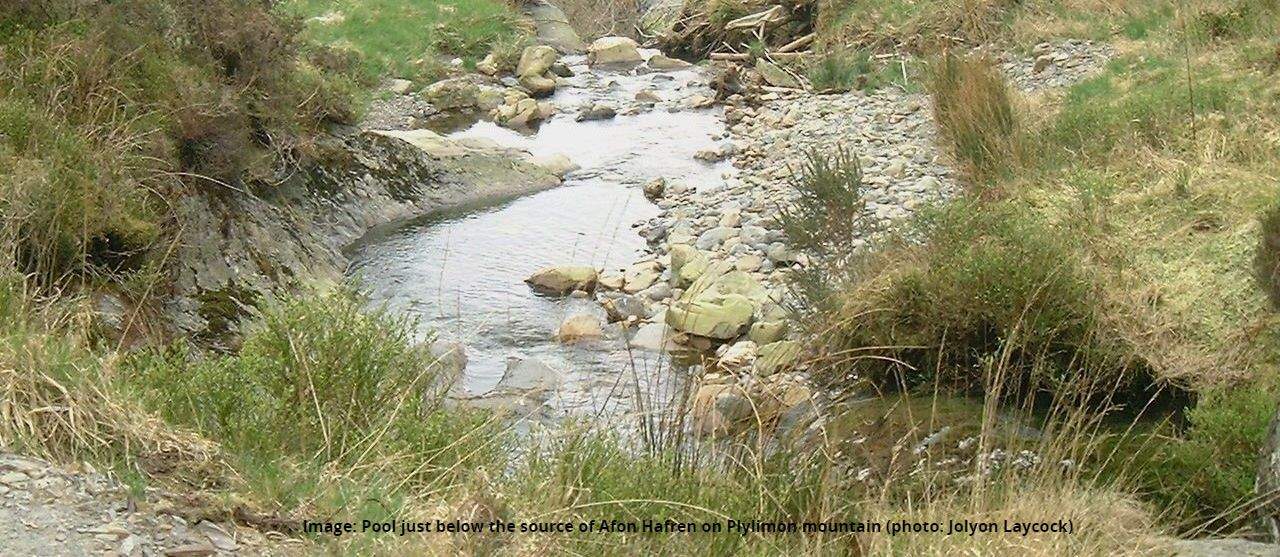The Summer Child
Report up-dated Tuesday 20 February 2024
A chamber opera based on an ancient British legend of the River Severn taken from “Historia Regum Britanniae” (The History of the Kings of Britain) by the 12th century Welsh monk Geoffrey of Monmouth.
Synopsis:The opera tells the story of the love triangle between Locrinus and Gwendolen, the mythical first king and queen of England, and the king’s secret concubine Estrildis, who is imprisoned in an underground cave, along with their daughter, Hafren, the eponymous “Summer Child”.
This tale of lies, deceit and betrayal set in Bronze Britain, 150 years after the Trojan War is as compelling as anything to be found in the Greek myths. At the same time it touches on present-day issues of migration, domestic violence and sex-slavery.
Locrinus is terrified to reveal his double life because of the threatening presence of Gwendolen’s aging father, Corineus the giant killer. The relationship between Corineus and Gwendolen’s son, the young prince Maddan, culminates in the Ballad of Gogmagog, Corineus' account of how, as a young man, he slew the fearsome giant Gogmagog, providing a delightful sub-plot to the story's tragic conclusion. Locrinus deceives both his wife, his father-in-law and his own mother, Ignoge, by pretending that the cave is the ritual shrine of his ancestors. When Corineus dies, Locrinus begins to live openly with Estrildis, banishing Gwendolen to her Cornish home. But the sons of Corineus murder Locrinus in revenge while Gwendolen has Estrildis and Hafren drowned in the River Severn.
“Afon Hafren” is the Welsh name for the Severn. The unfolding narrative of the opera is interspersed with a series of interludes describing the flow of the river from source to sea in poetry and music. In the opera’s closing scene, Estrildis and Hafren are overwhelmed by the Severn’s famous tidal bore like a “Deus ex Machina”. Hafren’s disembodied siren voice haunts the river as it resumes its peaceful sea-ward flow.
Cast in order of appearance
Estrildis (A woman imprisoned by Locrinus as a sex-slave) – coloratura soprano requiring exceptional vocal range (G3 to Eflat6) and vocal virtuosity.
Chorus – solo counter-tenor performing the river poem during “river-interludes”. The counter-tenor voice emphasises the androgynous nature of the role.
Locrinus (First King of England) – tenor
Gwendolen (Queen and wife of Locrinus)– soprano
Maddan (The 7-year-old son of Gwendolen) – ideally a boy soprano, but could be taken by an adult female as a child-impersonator.
Ignoge (Mother of Locrinus) – contralto
Corineus (Father of Gwendolen, also known as the Giant Killer) – bass-baritone - A highly characterful part requiring a big voice and a big personality.
Hafren (The 7-year-old daughter of Estrildis) – as the Summer Child, she is the eponymous character. Could be taken by an adult
child-impersonator.
